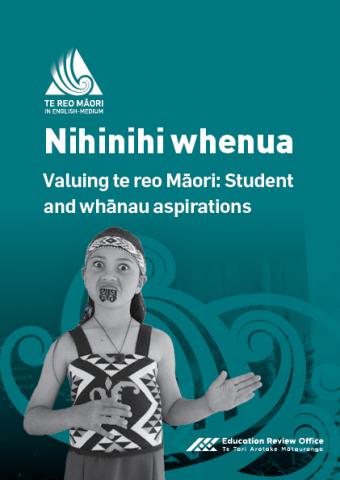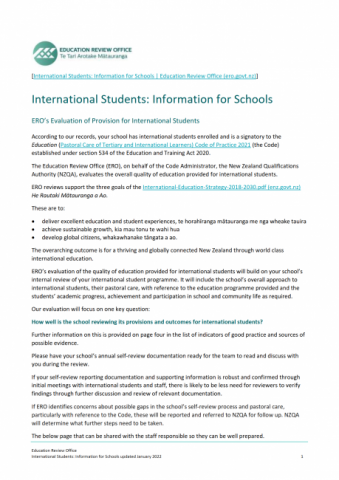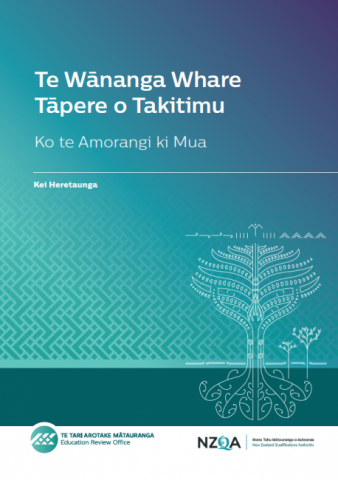Nihinihi Whenua – Valuing te reo Māori: Student and whānau aspirations
Published: 15 Sep 2020
This report provides a snapshot of student and whānau perspectives on the teaching of te reo Māori. It follows the June publication of Te Tāmata Huaroa, which provides a review of the current status of te reo Māori in English medium school settings.
- Audience:
- Academics
- Education
- Māori-medium
- Parents
- Content type:
- Research
- Topics:
- Te reo Māori
- English-medium
- Māori
- Te Pou Mataaho | Evaluation and Research Māori













